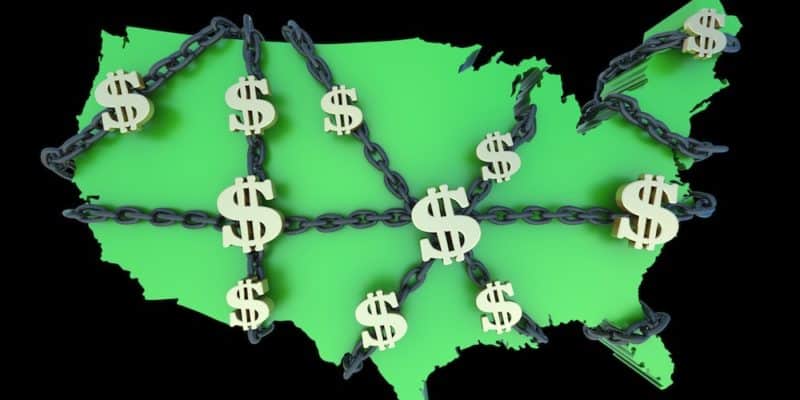Sienna Beard
March 31, 2015
The Wage and Hour Division (WHD) of the Department of Labor protects wages and enforces laws that cover more than 7.3 million establishments and 135 million workers. The WHD has determined that certain industries are more likely to have workers who are cheated out of their wages, as well as workers who are less likely to speak up against those who are cheating them.
In order to have far-reaching results, the WHD uses civil money penalties, liquidated damages, and debarments; it is also looking at supply chains and attempting to discourage the use of subcontractors or suppliers who don’t follow the laws. In addition, staffers publicize violations so that employers can be educated about their responsibilities. This makes it possible for employers and employees to learn from the issues that other companies face. The WHD’s job is to protect the wages of citizens, but you can also take steps to protect your own wages.
In 2014, the WHD discovered that $240 million was owed to more than 270,000 workers. Since fiscal year 2009, the WHD has recovered over $1.3 billion in back wages for more than 1.5 million workers. According to the U.S. Department of Labor Blog, an average of over $659,000 in back wages were collected each day last year; more than $890 for each employee due back wages. That equates to 2.9 paychecks for a maid or housekeeper, and 3 paychecks for a cashier. Also last year, the WHD recovered $79 million owed to 109,000 workers in low-wage industries. The WHD targets its investigations based on data, and evidence leads them to industries where there are often problems and violations. From 2009 to 2014 there was a 20% increase in establishments found to be in violation. Of agency-initiated investigations during 2014, 78% were found to be in violation.

